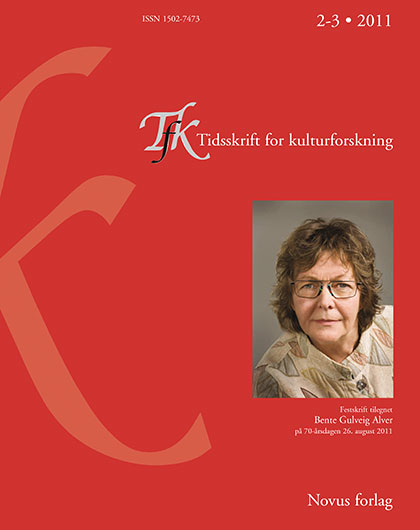Sammendrag
In this article, the attitude of Swedish women clergy towards clerical garb is discussed. How can women dress so as to be regarded as "true" women and at the same time as serious ministers? Originally, clerical garb was designed for men, but attempts have been made to achieve transition to garments more suitable for women. One alternative is the attire designed for women clergy worn by the pioneer generation ordained in 1960, among others by Margit Sahlin. Today, many kinds of attire have been designed for women ministers. One crucial question discussed by my informants concerns the issue of how feminine their clerical garb may be allowed to appear. And what is "feminine" in this context? Can women clergy wear high-heeled shoes and put on make-up? Another crucial point is what comfortable clerical attire means to women. Yet another question concerns the violation of norms relating to clerical garb. Do such norms exist? If so, what do they prescribe? For example, can a woman priest combine a clerical collar with a flowery dress, as one of my informants once did? The theoretical inspiration of the article derives from gender studies, studies of uniforms, and gender and fashion studies.
Forfattere beholder opphavsretten og gir tidsskriftet rett til første publisering av arbeidet. En Creative Commons-lisens (CC BY-SA 4.0) gir samtidig andre rett til å dele arbeidet med henvisning til arbeidets forfatter og at det først ble publisert i dette tidsskriftet.

